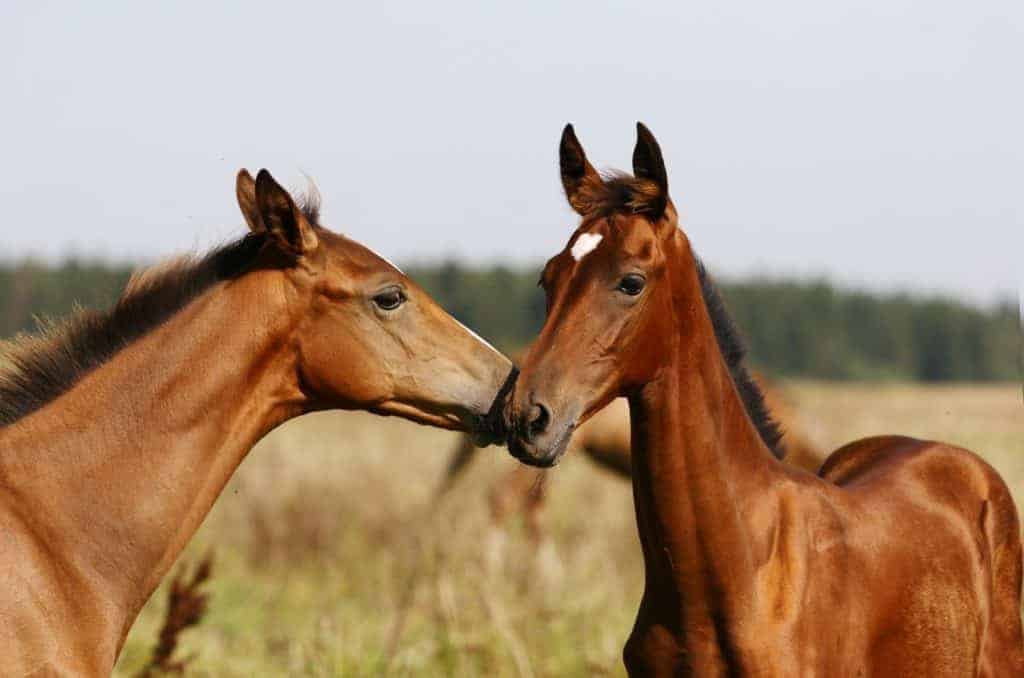
A Look at Switzerland’s Equine Protection Laws
Switzerland is a leader in animal rights legislation, and the impact on horse management is significant.

Switzerland is a leader in animal rights legislation, and the impact on horse management is significant.

Discover why your horse is curling his upper lip.
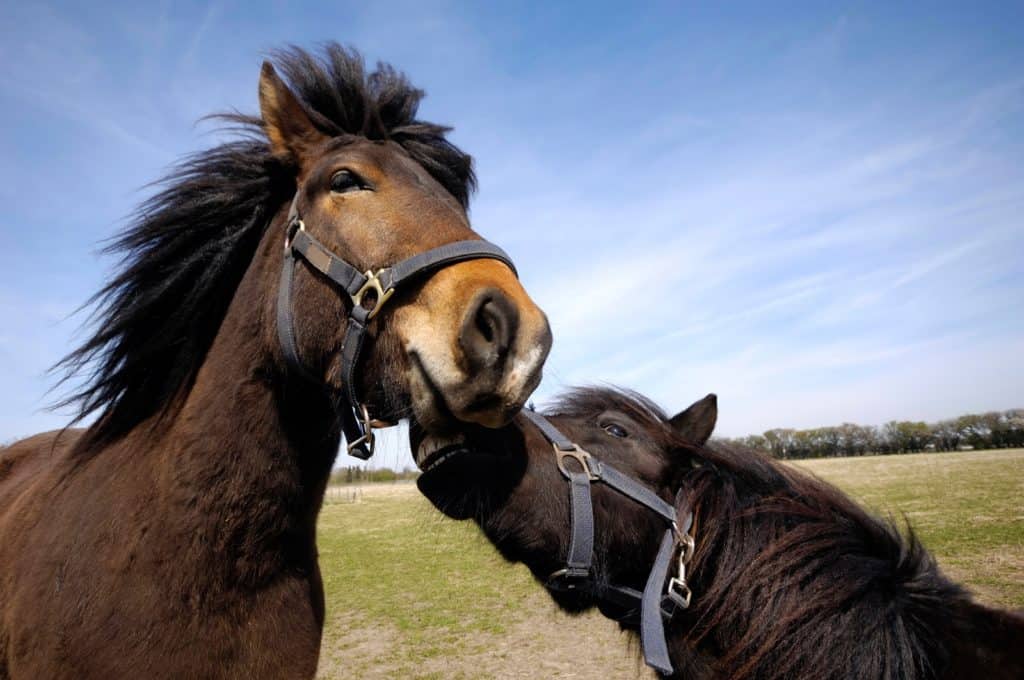
Dominant horses are typically older, larger, and less fearful than other horses in a herd, researchers found.

“Enriched” clinics could help improve equine welfare, leading to quicker healing times and safer environments for staff.

Dr. Nancy Diehl shares her views on things that can cause horse-human communication to go awry.
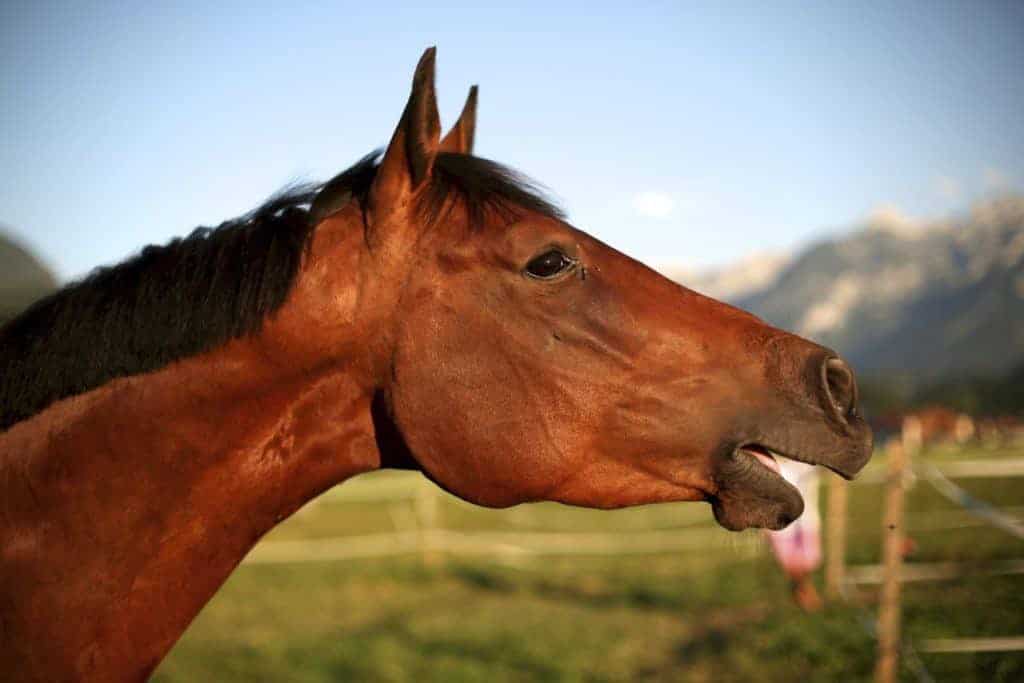
Stallions with low-pitched whinnies were more fertile and more attractive to mares than those with high-pitched voices.
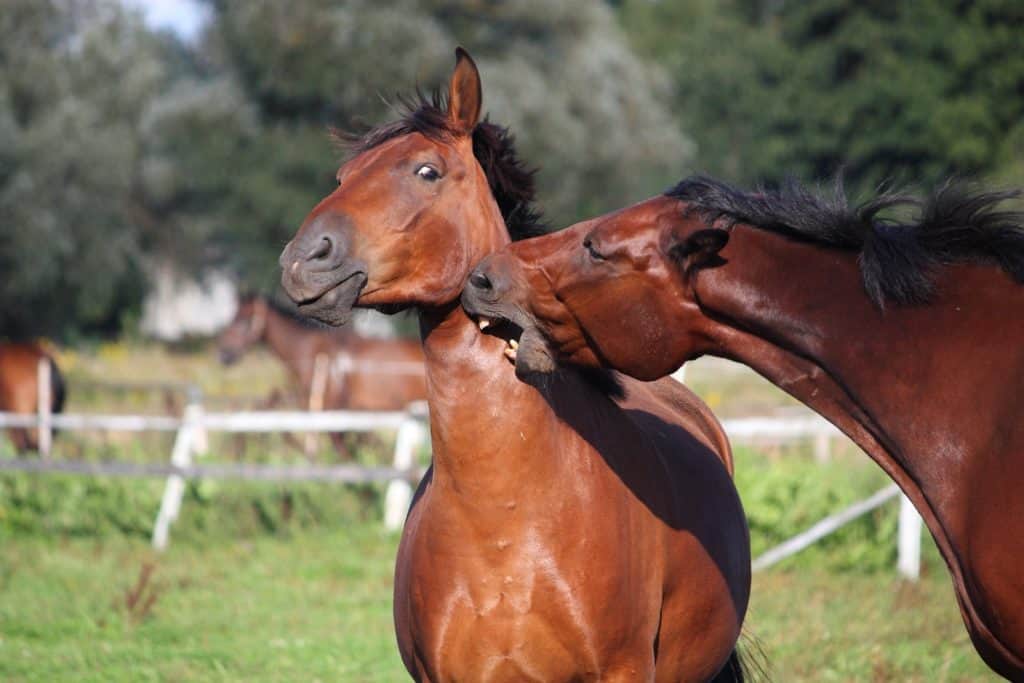
Researchers have developed a list of reasons a horse might bite. Learn the causes and how to train a horse not to nip.
The 2015 International Equitation Science Conference will focus on promoting ethical equitation for all disciplines.
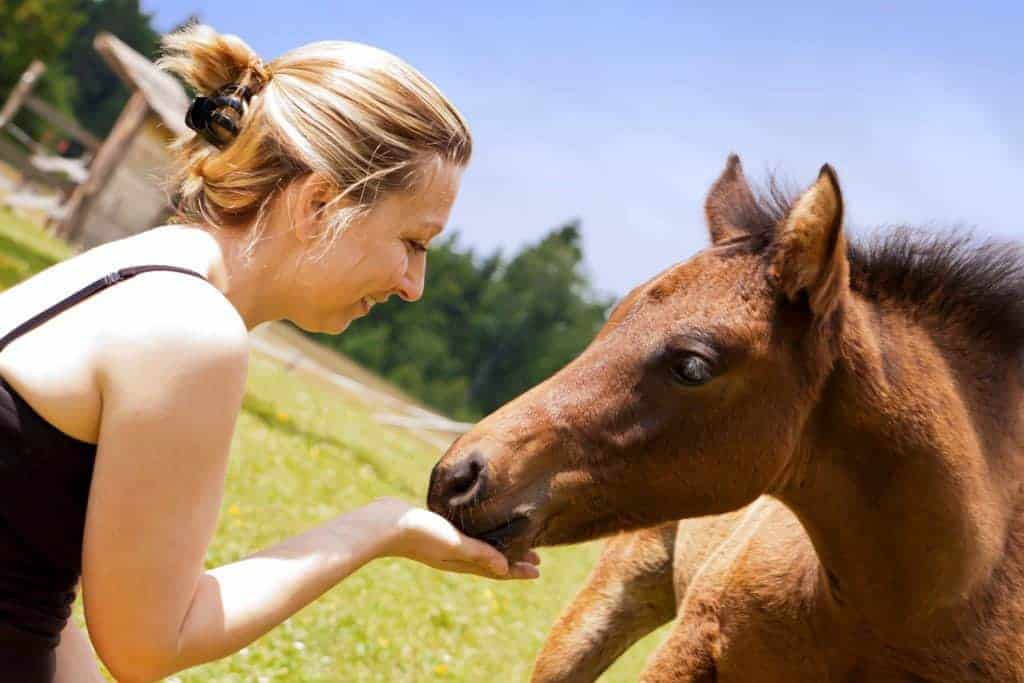
A good relationship with the dam is an easy way to promote positive interactions between foals and humans.
Are stall mirrors recommended for horses that weave, and where could I find one that is safe and economical?

Can the death of one horse lead to a complete change in another’s behavior or “personality”?

They also identified a significant correlation between certain temperament parameters and jumping performance.

A Facebook fan asks for help with his horse, who’s become a reluctant unloader.
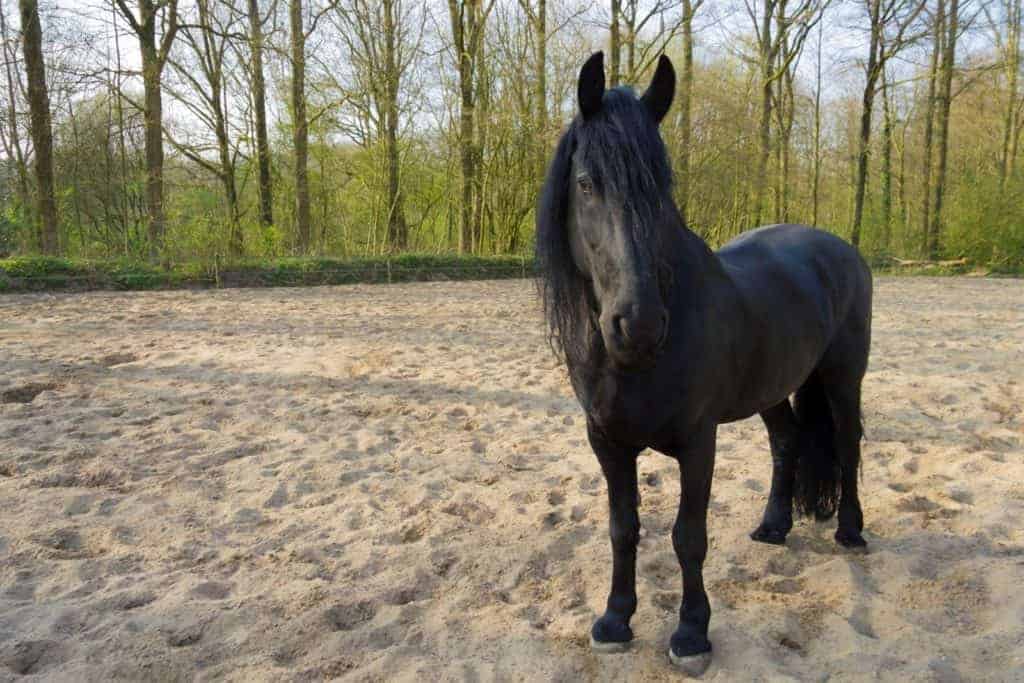
Learn about the “Complete Temperament Test,” which is designed to measure five dimensions of equine personality.

A recent study showed that magnesium supplementation can significantly slow horses’ reaction speed responses.

Find out what the equine genome can tell us about our horses and preventing genetic disease.
Stay on top of the most recent Horse Health news with
"*" indicates required fields